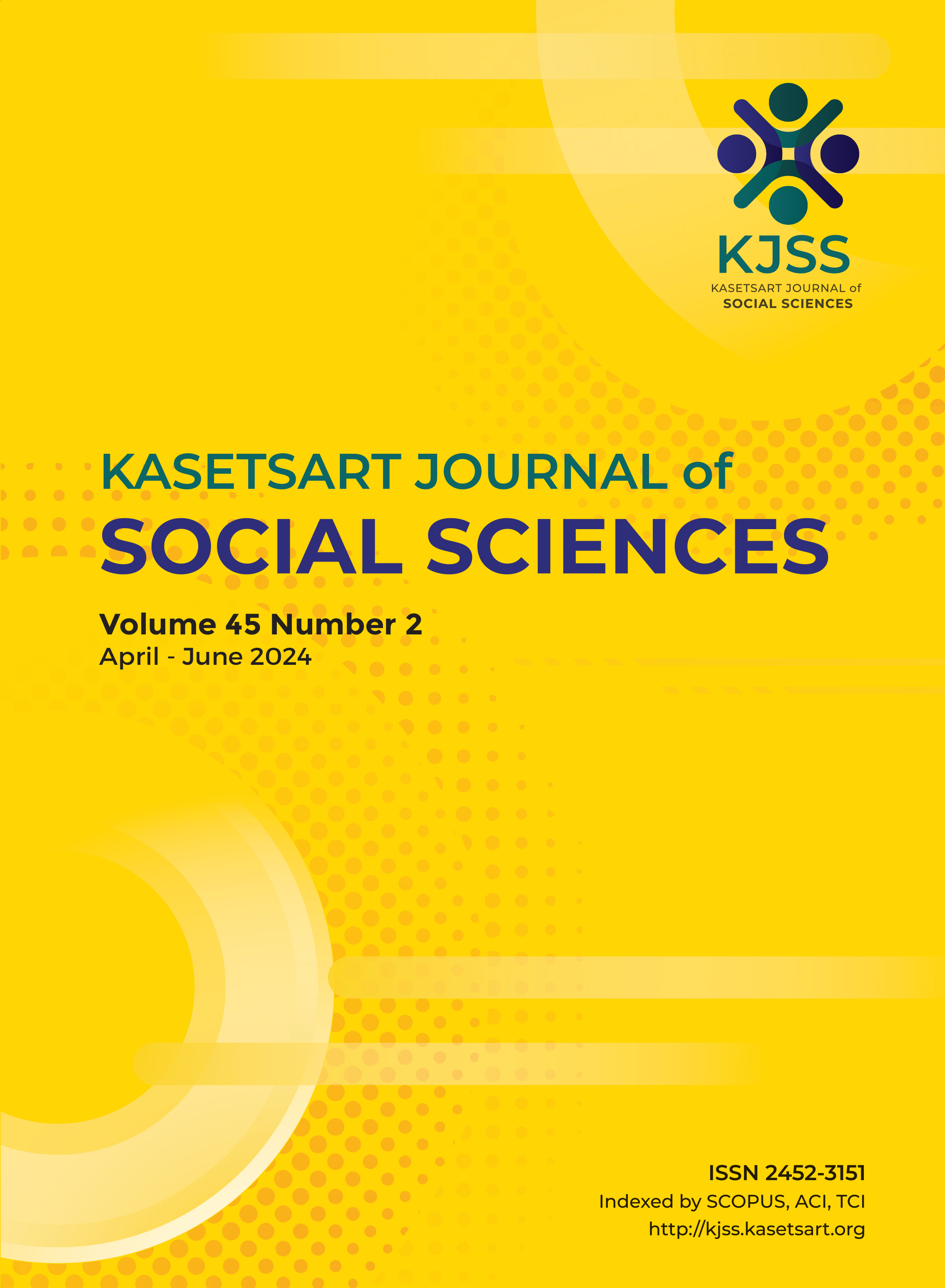The development of self-learning in the new normal education with online learning to enhance information and communication technology competency of pre-service teachers at the undergraduate level
Keywords:
information and communication technology, competency, new normal education, online lessons, self-learningAbstract
The objectives of this research were: (1) to develop and determine the appropriateness of self-learning in the New Normal Education with online learning to enhance information and communications technology competency of pre-service teachers at the undergraduate level; (2) to study the effectiveness of the developed self-learning model; (3) to measure information and communication technology competency of pre-service teachers at the undergraduate level, and (4) to compare the academic achievement of the pre-service teachers from the test scores before and after learning. This research is based on a research and development model. The sample group was pre-service teachers, comprised of 30 people, and enrolled in the course 21st Century Skills for Life and Career in the second semester of the academic year 2021 at Nakhon Pathom Rajabhat University. A clustered simple
random sampling method was used. Research data were analyzed by mean, standard deviation, percentage, and statistical test by t-test. The results of the research revealed that (1) the developed self-learning model consists of the following components: (1.1) Input (learners, teachers), (1.2) Process, namely, Online Learning Module, and (1.3) Output, namely, Project Module and Evaluation Module. Appropriate evaluation by experts is at the highest level; (2) Efficiency of the developed self-learning model was equal to 83.64/82.80; (3) Information and communications technology competency of pre-service teachers was at a very good level; and (4) post-learning achievement was higher than before at the statistically significant level of .05.
Downloads
Published
How to Cite
Issue
Section
License
Copyright (c) 2024 Kasetsart UniversityThis is an open access article under the CC BY-NC-ND license http://creativecommons.org/licenses/by-nc-nd/4.0/










